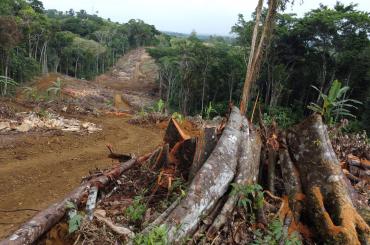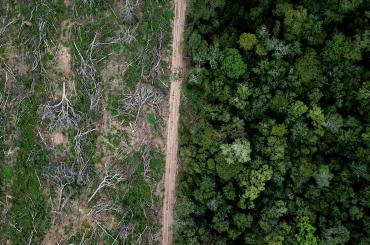

Benjamin Olken
Professor of Economics, MIT and CEPR Research Affiliate
Benjamin Olken is a Professor of Economics in the MIT Department of Economics. He completed his Ph.D. in Economics at Harvard in 2004. He spent the 2004-2005 year as a Post-doctoral Fellow at the National Bureau of Economic Research, and from 2005-2008 was a Junior Fellow at the Harvard Society of Fellows. His research focuses on empirical political economy questions in developing countries, with a particular emphasis on corruption.
Most of his field work takes place in Indonesia, where he first lived in 1997-1998 as a Henry Luce Scholar. His research in Indonesia includes several randomized field experiments and extensive data collection, ranging from digging up roads in to uncover corruption in rural Java to tracing the bribes paid by truck drivers in Sumatra. Current research projects include the economic impacts of climate change, the relationship between political decentralisation and illegal logging in Indonesia, and a randomized field experiment that examines whether developing country governments can use community-based mechanisms to improve targeting of aid programs to the poor.
Recent work by Benjamin Olken
-

National policy reversals and deforestation in the Amazon
Evidence from the Amazon highlights the crucial role of policy continuity and political commitment to achieving sustainable conservation outcomes
Published 05.04.24
-

Designing a public transit network: Evidence from Jakarta, Indonesia
Examining the expansion of Jakarta’s bus system shows how simple improvements in public transport service quality can boost usage
Published 06.12.23
-

The economics of conservation in low- and middle-income countries
What have we learned about the economics of conservation? How can policymakers encourage conservation in low-income settings?
Published 04.10.23
-

Food versus vouchers: Evidence from Indonesia
Providing vouchers for rice and eggs allowed for better targeting, increased protein consumption, and was cheaper to administer than in-kind benefits
Published 09.03.22
-

Risky behaviour: Evidence from fire setting in Indonesia’s forests
Firms overuse fires when risks are not internalised, but greater sanctions could significantly reduce forest fire spread
Published 27.10.21
-

Is improving tax administration more effective than raising tax rates? Evidence from Indonesia
Enhanced tax administration can increase government revenue collection from medium-sized firms in developing countries even more than raising tax rates
Published 14.12.20
-

Cushioning the effects of COVID-19 on the poor
How can we best protect the most vulnerable in the developing world during the COVID-19 pandemic?
Published 29.04.20
-

The challenges of universal health insurance in Indonesia
A large-scale randomised experiment reveals that temporary health insurance subsidies can improve take-up at no additional cost to the government
Published 25.11.19
-

Making moves matter
Evidence from Pakistan shows that governments can use the postings of bureaucrats to improve their performance
Published 06.02.19